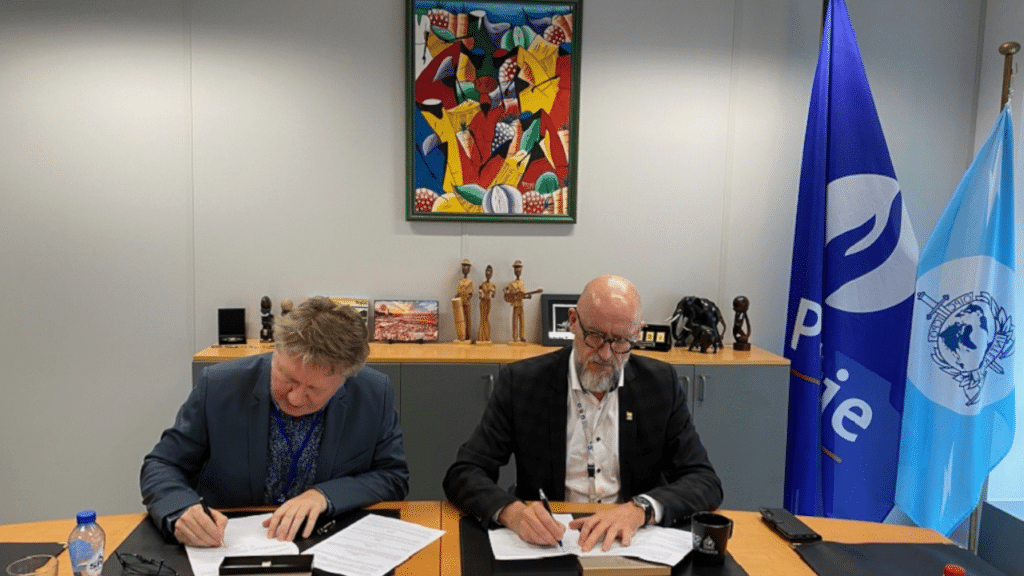Belgium has enacted a new law considerably boosting its ability to solve cases of missing or unidentified deceased persons, which INTERPOL approves of.
Until now, officials in Belgium were restricted from sharing DNA profiles to international databases for criminal missing persons investigations, essentially limiting their ability to find answers abroad.
The new legislation explicitly allows for profiles collected in Belgium to be searched and stored in INTERPOL’s DNA and I-Familia databases for cases of missing persons, relatives of missing persons and unidentified human remains.
It will also enable the use of more systematic searches, adding a new layer of cooperation and ensuring all possible avenues have been explored.
“This new law is an important achievement. It not only sends a clear message to other countries looking to evolve their policing practices and benefit from increased information exchange, but more significantly it will also help get answers for families,” said Jürgen Stock, INTERPOL Secretary General.
Welcoming the legislation, Director of International Police Cooperation with the Belgian Federal Police and INTERPOL Executive Committee Vice-President Peter De Buysscher said, “Amendments can and should be made to national DNA legislation – it’s an inevitable part of innovation and globalisation. This change to the law will bring a global aspect to national investigations.”
To read more INTERPOL news, click here.






